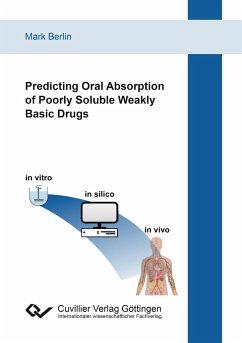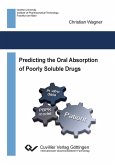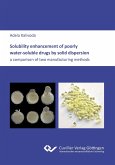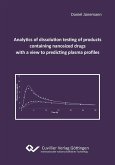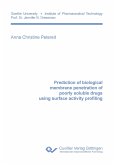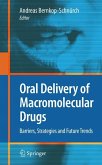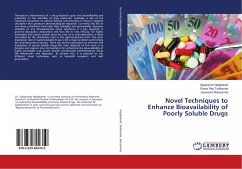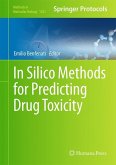This book deals with predicting behavior of poorly soluble weakly basic drugs in the human body, particularly in the gastrointestinal tract. Under fasting conditions weak bases usually show good solubility in the human stomach and poor solubility in the intestine. This solubility discrepancy can lead to unusual drug dissolution behavior during the process of gastric emptying, such as supersaturation and precipitation. The current thesis investigates dissolution, supersaturation and precipitation behavior of weak bases in the human stomach and intestine using biorelevant media. These media simulate fluids of the gastrointestinal tract and can be utilized in different in vitro experiments mimicking the human gastric and intestinal physiology. The experimental outcomes can then be coupled with physiologically based pharmacokinetic (PBPK) models, which simulate drug uptake into the human blood flow and finally enable the prediction of drug plasma concentration profiles in humans. This work shows that combining biorelevant in vitro investigation with PBPK modeling is essential for predicting in vivo performance of poorly soluble weakly basic drugs.
Hinweis: Dieser Artikel kann nur an eine deutsche Lieferadresse ausgeliefert werden.
Hinweis: Dieser Artikel kann nur an eine deutsche Lieferadresse ausgeliefert werden.

